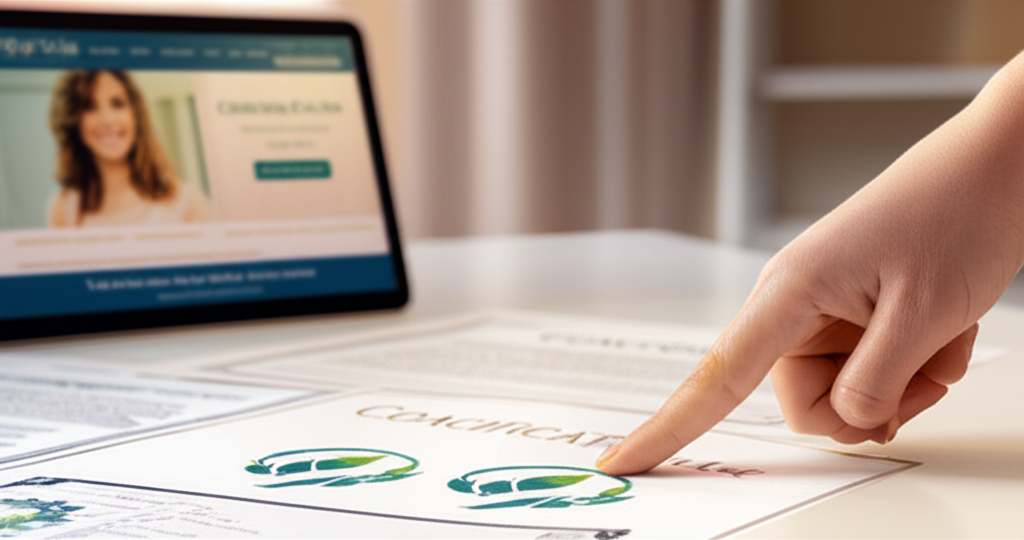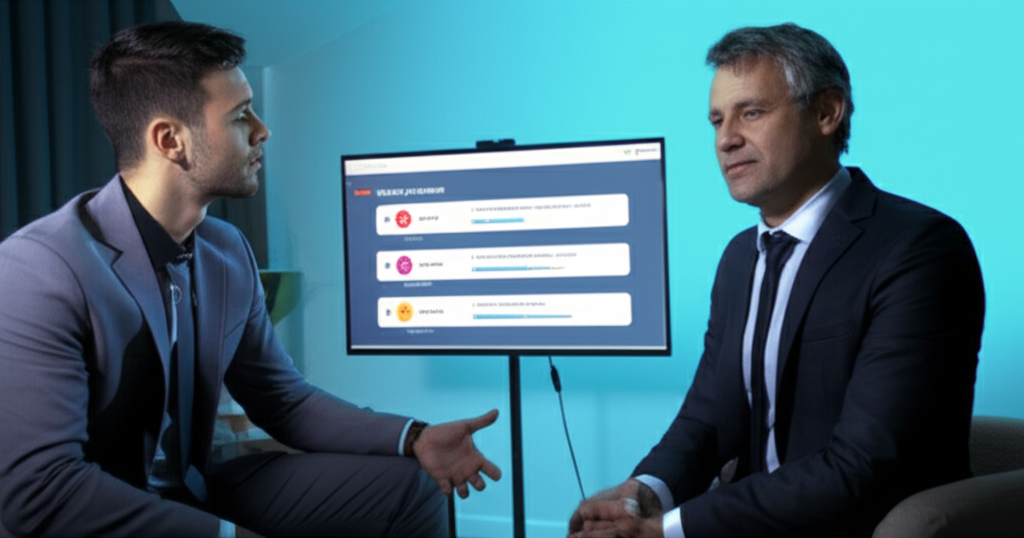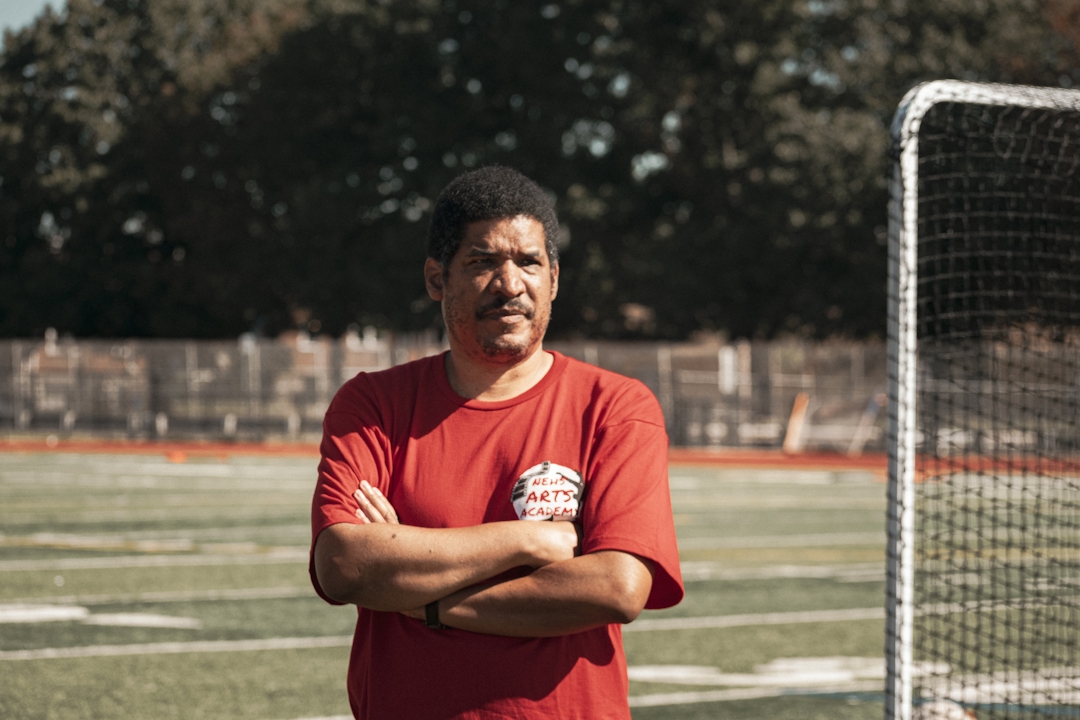Relationship Coach? Read This First!
Thinking about a relationship coach? Read this guide on what to look for, common mistakes, and red flags before hiring.


Audio Summary
Key Takeaways
- Define your needs first
- Research qualifications and experience
- Evaluate coaching style and philosophy
- Read testimonials and reviews
- Avoid coaches lacking neutrality or communication style
Considering a Relationship Coach? Here's What You Need to Know
Navigating the complexities of relationships is a common experience. You might be dealing with communication breakdowns, trust issues, or jealousy. Facing difficulties in connections – whether with romantic partners, family members, or close friends – is a normal part of life. Sometimes, an outside perspective and expert guidance can significantly help. This is where the concept of a relationship coach becomes relevant.
But what exactly is a relationship coach, and how can they assist? Selecting the right support for your relationship journey is a significant decision. Before choosing, it's important to understand what qualities to seek and how to ensure you make a beneficial choice.
Consider how advancements in platforms, such as an AI life coach or a comprehensive career development platform, are making personalized support more accessible across various life domains. Think about other areas like financial wellness apps or mindfulness AI tools that leverage technology for personal growth. This broader context highlights the increasing availability of tailored guidance to enhance your well-being and relationships.

Defining Your Needs
Before searching for a relationship coach, the crucial initial step is clarifying what you hope to achieve. What specific challenges are you currently encountering in your relationships? Are you having difficulty communicating effectively? Perhaps you're grappling with jealousy or working through trust issues. You might be single and seeking guidance on fostering healthier connections.
Clearly defining your current situation and desired changes will significantly streamline your search for appropriate support. Ask yourself: What specific relationship problems need addressing? What are my objectives for this relationship or my future approach to relationships? Do I require help with a particular conflict, or am I seeking general guidance to enhance my relational abilities?
Answering these questions will make finding a coach significantly more focused and productive, similar to how an AI life coach provides personalized direction. For those exploring broader self-improvement alongside relationships, consider how a career development platform can guide professional growth or how a financial wellness app supports monetary goals. Understanding your needs first is vital to finding a coach who can effectively help you progress.

Qualifications to Look For
When you begin exploring potential relationship coaches, it's prudent to research their background and training. While relationship coaching may not always have the strict regulations of other helping professions, a coach's qualifications and experience offer significant insight into their capacity to guide you effectively.
Seek coaches holding certifications from reputable organizations. Such certifications typically indicate completion of specific training programs and adherence to practice and ethical standards. For example, some certifications necessitate a minimum number of coaching hours and an evaluation of their coaching skills.
Experience is also crucial. Coaches with extensive client work bring valuable practical knowledge and have likely refined their methods. Investigating their training and experience helps ensure they possess the skills needed to assist you with your unique relationship challenges, similar to how an AI life coach is trained on vast datasets to provide tailored guidance. Consider other areas where qualifications matter, such as how a career development platform or a financial wellness app relies on expert knowledge for effective support.

Things to Avoid
As you consider options for a relationship coach, it's equally important to recognize potential pitfalls and red flags. Being aware of these can save valuable time and ensure you find a truly helpful coach.
A common mistake is not clarifying your needs from the outset. Entering coaching without a clear vision of your desired outcomes can lead to frustration and unproductive sessions. Pay close attention to the coach's qualifications; overlooking their training and experience might result in working with someone unsuitable for your specific needs.
During initial conversations, trust your intuition regarding their communication style. A good coach should make you feel heard and understood, not pressured into an uncomfortable direction. Be wary of coaches who appear biased or lack neutrality, particularly when addressing a relationship involving another person. Their focus should be on assisting you in reaching your goals, not promoting their own agenda.
This careful selection process is essential, similar to choosing a reliable AI life coach or evaluating a career development platform for its suitability. Ensuring compatibility is key to effective progress, much like selecting the right financial wellness app or mindfulness AI for personal development.
Conclusion
Exploring the possibility of working with a relationship coach is a proactive step toward building healthier, more fulfilling connections. As highlighted, making an informed decision is critical. Begin by clearly articulating your objectives for coaching, whether focused on enhancing communication, resolving conflict, or establishing clearer relationship goals.
Subsequently, invest time in researching a coach's qualifications and experience to ensure they possess the necessary skills and training to support you effectively. Lastly, remain aware of potential pitfalls, such as undefined goals or a coach whose approach doesn't resonate with you.
By understanding your needs, conducting thorough research, and trusting your intuition, you'll be well-positioned to find a relationship coach who can genuinely assist you on your path to stronger relationships. Consider the benefits of personalized digital tools, from an AI life coach offering tailored guidance to a comprehensive career development platform supporting professional growth, or even a financial wellness app for monetary well-being and mindfulness AI for mental clarity, as complementary resources on your journey.
Reference
- How to Become a Relationship Coach: 6 Best Certification Programs by Simply.coach, Simply.coach
- Relationship Coach Certification FRCA {Best 2025} by Dr. Wyatt Fisher, Dr. Wyatt Fisher
- 15 Top Relationship Coach Certification Programs [2025 Rankings] by Entrepreneurshq, Entrepreneurshq
- Training and Certification - Relationship Coaching Institute(RCI) by Relationship Coaching Institute, Relationship Coaching Institute

Related Blog Content

My Career Coach Journey: Worth the Effort?
Considering a career coach? Discover my personal journey and learn why finding the right coach, though challenging, can be truly invaluable.
Read More
6 Dating Truths I Learned From a Coach
Unlock dating insights! Learn 6 key lessons from a dating coach to transform your love life and find the right relationship for you.
Read More
What's a Life Coach? Simplifying the Role in Simple Terms
Discover the simple truth about life coaching: empowering you to rethink, reflect, and achieve your goals with personalized guidance.
Read MoreFrequently Asked Questions
Everything you need to know about our AI coaching services
